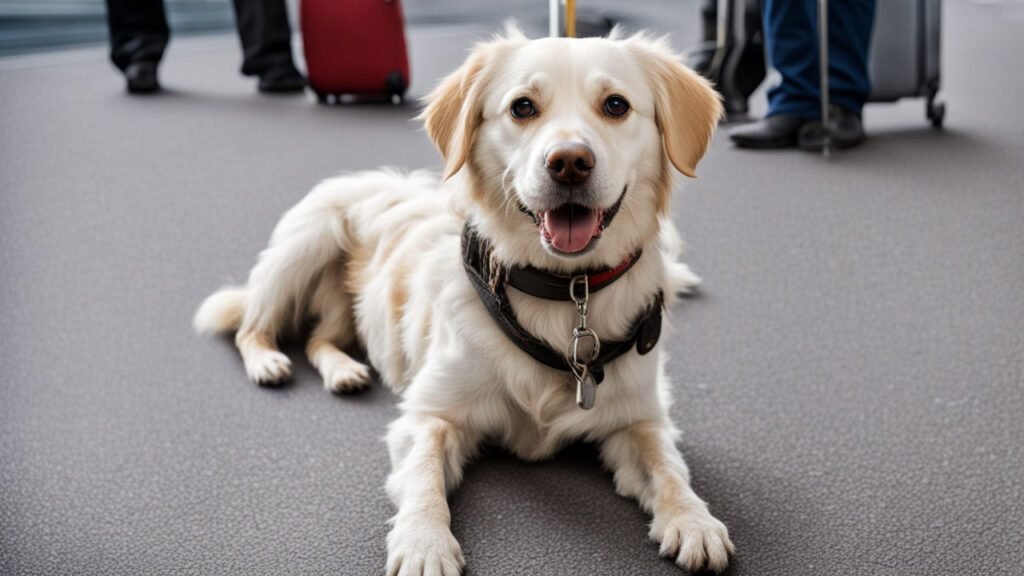Washington, D.C. – Starting today, new regulations imposed by the U.S. Centers for Disease Control and Prevention (CDC) for cross-border travel with dogs are now in effect. These rules mandate that dogs must be microchipped and vaccinated for rabies before entering the United States. The regulations aim to prevent the reintroduction of canine rabies into North America, where it was eradicated decades ago.
Dr. Adrien Walton, a veterinarian based in British Columbia, joined a morning show to discuss the new restrictions and their implications.
“The most important thing is that you have to go on the CDC website and download the special form that allows you to cross the border multiple times for up to six months,” Walton explained. “Your dog has to be at least six months old, and the animal must have a valid microchip.”
Previously, stricter regulations were proposed, including requiring signatures from government veterinarians, but these were dropped due to logistical challenges. “Right now, all you need is that piece of paper,” Walton said. “But keep in mind this is only a nine-month suspension. They’re going to revisit this in nine months, and this whole thing could change yet again.”
The urgency for these regulations arises from an increase in pet imports during the COVID-19 pandemic, many of which came from countries with active canine rabies, such as Russia. “We had two cases in Toronto of dogs that showed clinical signs of rabies after being in the country for almost a year,” Walton said. “Almost 30 people had to be tested and treated for rabies exposure. If just one person had been missed, it could have been fatal.”
The rules apply to all dogs, including emotional support animals. “There are no federal or provincial laws about emotional support animals, so they must follow the same rules,” Walton clarified. Service dogs, which require extensive training, are less likely to be affected by the age restriction but might still need accommodations if they cannot be vaccinated due to medical reasons.
“If you have a dog that’s immunosuppressed, very old, or suffering from cancer, a rabies vaccine might not be medically advisable,” Walton noted. “However, legally, you are required to vaccinate your dog in many municipalities.”
For those planning to cross the border with their dogs, having the necessary documentation is crucial.
“You have to have the form, a valid microchip, and the dog must appear healthy and be at least six months of age,” Walton emphasized. Additionally, a valid canine rabies certificate is required to bring the dog back into the country.
These new measures underscore the importance of preventing rabies reintroduction and ensuring the safety of both pets and humans. As the situation evolves, pet owners are advised to stay informed about potential changes to the regulations.

